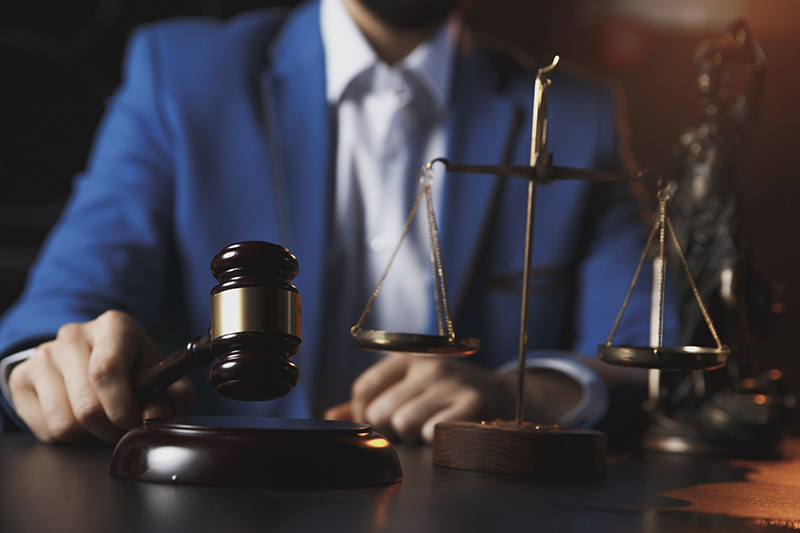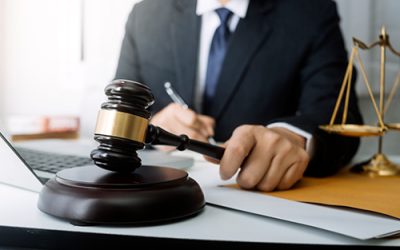
Legal transcription is the process of transforming various types of audio files or video recordings like legal letters, pleadings, court transcripts, hearings, witness interviews, and interrogations into documented format. These legal records play a vital role in the legal proceedings of the court and the transcripts serve as valuable evidence. A minor error in the transcript can lead to mistrial or an incorrect sentence being passed. Therefore, accuracy of transcript is vital and it should reflect the original source material. If you are looking for reliable and accurate transcripts of various legal proceedings, a professional legal transcription company can help with error-free, verbatim transcription.
For legal purposes, verbatim transcription is the most common type of transcription used. This is because verbatim transcription captures every pause, false starts, background noises, repetitions and stutters. With verbatim transcript, one can read and understand the context of the audio file as if the person were there. Verbatim transcription of legal recordings may not be useful if the end goal is the summary of the presentation or court proceedings.
For legal transcription, there are some rules one should understand and follow fastidiously. The following are 4 major rules of legal transcription:
- Do not Correct Grammar with Legal Transcription: While transcribing, the transcriptionist may be tempted to correct the grammar or edit words like “wanna,” “gonna” etc. But the main purpose of verbatim transcription is to transcribe each and every word as it is. These transcripts serve as proof or evidence in a legal case. So, it is important not to change the words used by the speaker, or meaning, or misinterpret anything as it can question the authenticity of the transcript.
- Include Filler Words: When a person talks, there may be several filler words like “um,” “uh,” “hmm” or even pauses, which should be transcribed accurately because any fumbling or words of hesitancy from the speaker need to be reflected in the verbatim transcript to give a clear picture of the speaker and his mindset. It helps the lawyers understand whether the person is nervous, prepared etc during the interrogation. So, capturing each and every word spoken by the speaker and transcribing them into an accurate transcript is essential in legal transcription.
- Transcribe False Starts: During the interrogation, people may stutter or make a false start, which needs to be transcribed. Capturing each and every word of the speaker and transcribing it accurately is essential in legal transcription.
- Background Noise and any non-verbal Communication must be Included: In verbatim transcription, the transcriptionist must also be conscious of sounds apart from the words. Any sound in the courtroom such as somebody coughing, sneezing, or talking in the background must be mentioned in the transcript. Non-verbal cues such as laughing, crying, nodding one’s head and so on must all be carefully noted and included in the transcript. This is because these may be meaningful.
How to Win a Case with Legal Transcription
- Add Professional Touch and Gain Accurate Transcripts: Accurate transcription of legal proceedings enables current case scrutiny, future reference, and also helps in training and educating legal professionals. Attorneys can use these transcripts as reference to find loopholes to make their case a stronger one. Legal transcripts can be of court hearings, court proceedings, sworn statements, witness interviews, judgements and so on.
- Use Accurate Tools for Transcription: Today, many software programs are available for transcription. Dragon Anywhere, Descript, Rev, Temi, etc are some of the examples of transcription software that helps convert audio recordings into accurate transcripts. These speech recognition tools help in minimizing the transcription cost and also facilitate better workflow. Transcription services provide quick transcription using various software and tools, and ensure quick turnaround time.
- Improved Access with Better Data Management: Lawyers and law firms have huge volumes of data that needs to be managed systematically. Transcribing all important documents into accurate notes enables lawyers to access legal documents quickly. This saves time and also improves the efficiency of lawyers.
The ideal option for lawyers who are planning to transcribe their audio recordings is to approach a professional legal transcription service that can offer both verbatim and non-verbatim transcription. These services have multiple transcribers to provide customized services according to the need of the clients and also ensure quick turnaround time.



